Mediterranean diet food list, The Mediterranean diet, celebrated for its numerous health benefits and delicious flavors, is a culinary tradition rooted in the countries bordering the Mediterranean Sea. This diet is not just a mere eating plan but a lifestyle embraced by people in countries like Italy, Greece, Spain, and Morocco. It emphasizes the consumption of a variety of nutrient-rich foods, primarily plant-based, and is associated with reduced risks of heart disease, stroke, and certain types of cancer. In this comprehensive guide, we will delve into the Mediterranean diet food list, exploring the diverse and flavorful ingredients that make up this wholesome way of eating.
Fruits and Vegetables: The Cornerstone of the Mediterranean Diet
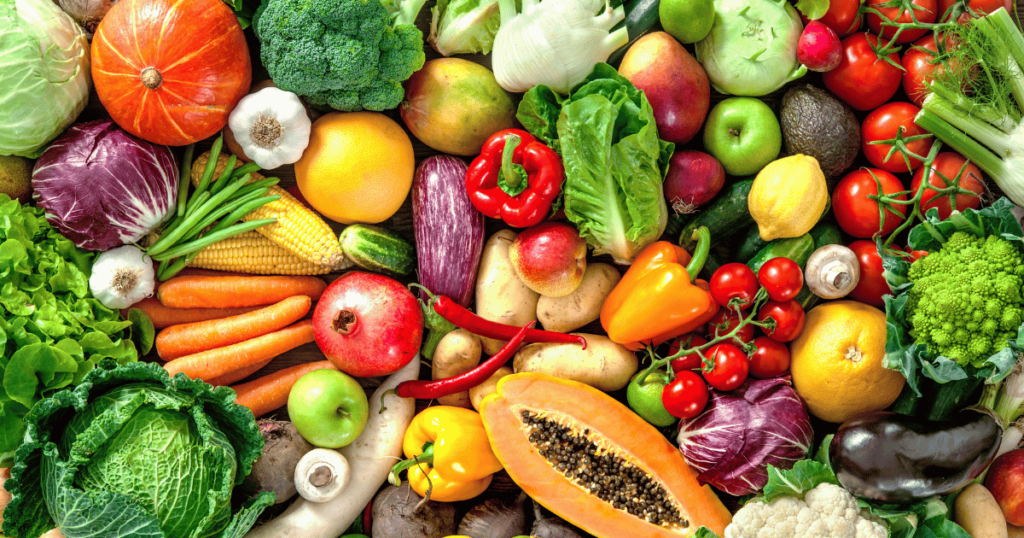
Fruits and vegetables are at the heart of the Mediterranean diet. Rich in vitamins, minerals, fiber, and antioxidants, they form the base of every meal. Typical fruits include figs, grapes, lemons, apples, berries, peaches, and pears, which are often consumed fresh but also used in cooking. Vegetables like tomatoes, broccoli, kale, spinach, onions, cauliflower, carrots, Brussels sprouts, and cucumbers are widely used in salads, stews, and as side dishes.
Whole Grains: The Energy Source
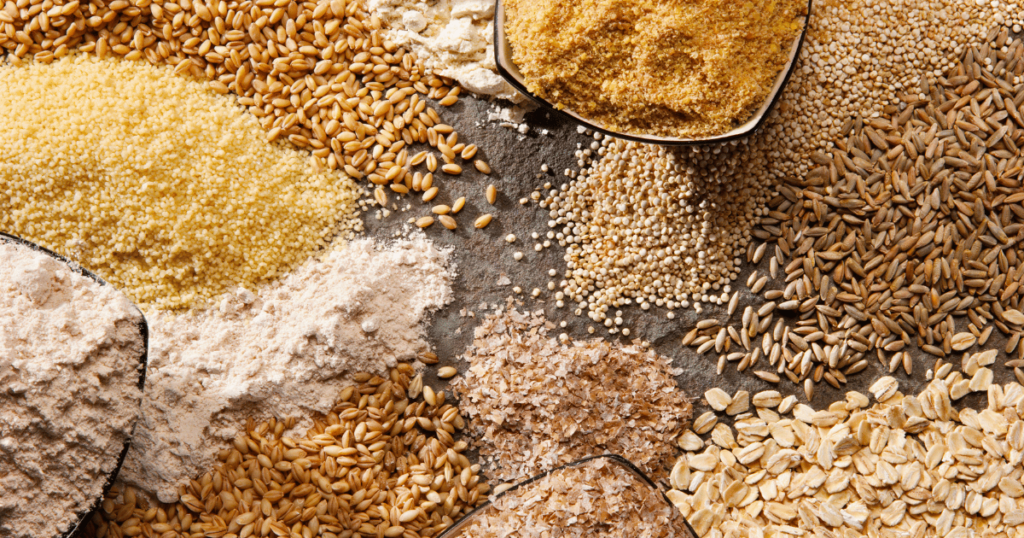
Whole grains are integral to the Mediterranean diet, providing essential nutrients and fiber. Commonly consumed grains include whole wheat, oats, brown rice, barley, corn, buckwheat, and quinoa. These grains are often enjoyed in their whole form, but also in bread and pasta, preferably made from whole-grain flour.
Healthy Fats: The Good Fats
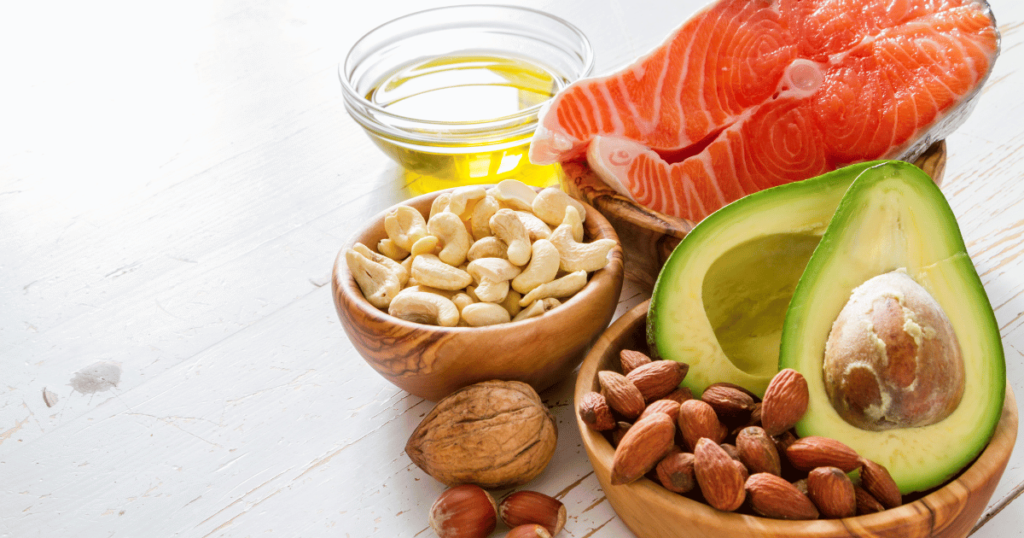
Olive oil is the primary source of added fat in the Mediterranean diet. Rich in monounsaturated fats and antioxidants, it is used for cooking, dressings, and even as a dip. Nuts and seeds like almonds, walnuts, sunflower seeds, and flaxseeds are also great sources of healthy fats, protein, and fiber.
Legumes: The Protein Pack
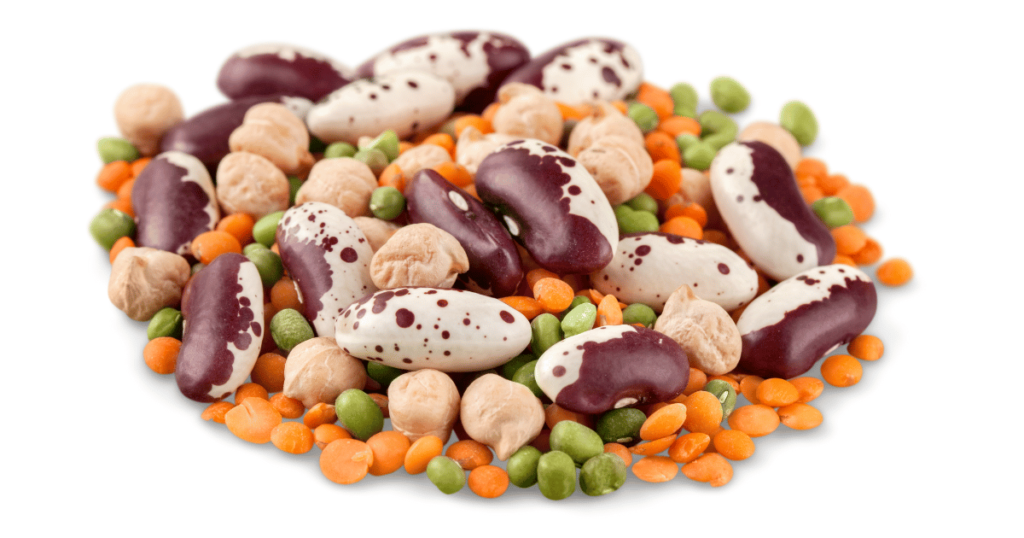
Beans, lentils, chickpeas, peas, and other legumes are a staple in the Mediterranean diet. They are an excellent source of plant-based protein and fiber, making them a great alternative to meat. These are used in a variety of dishes, from soups and stews to salads and dips like hummus.
Seafood: The Preferred Animal Protein

Fish and seafood are important components of the Mediterranean diet, consumed at least twice a week. Fatty fish like salmon, mackerel, and sardines are high in omega-3 fatty acids, which are beneficial for heart health. Other seafood like shrimp, oysters, and mussels are also commonly eaten.
Poultry, Eggs, and Dairy: In Moderation

Poultry, eggs, and dairy products like cheese and yogurt are consumed in moderate amounts. These are usually used as a complement to dishes rather than the main ingredient. Cheeses such as feta and Parmesan add flavor to various dishes, while yogurt is often enjoyed with fruits or as a base for sauces.
Herbs and Spices: The Flavor Enhancers

The Mediterranean diet is known for its use of a variety of herbs and spices, which add flavor without the need for excess salt. Commonly used herbs include basil, oregano, rosemary, thyme, and mint. Sp
ices like garlic, cumin, coriander, and paprika are also widely used, contributing to the diet’s distinctive flavors and aromas.
Red Meat and Sweets: Limited Consumption
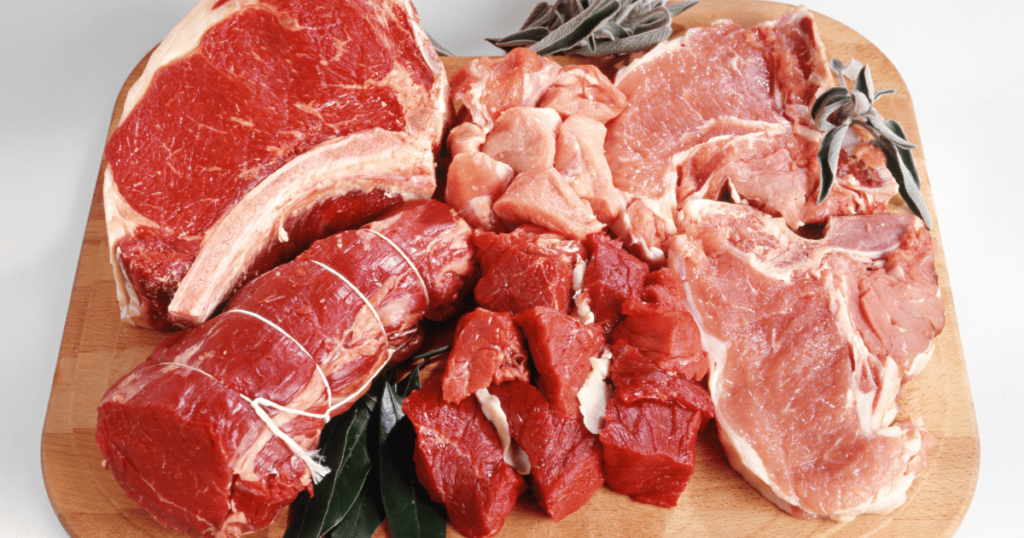
Red meat is consumed infrequently in the Mediterranean diet, usually only a few times a month. When it is eaten, portion sizes are kept small. Sweets and desserts are also enjoyed in moderation, with a focus on those made with natural sweeteners like honey and often incorporating fruits and nuts.
The Mediterranean Diet Pyramid
The Mediterranean diet pyramid visually represents the ideal frequency of consuming different food groups in this diet. At the base of the pyramid are fruits, vegetables, whole grains, olive oil, beans, nuts, legumes, seeds, herbs, and spices – foods that should be consumed daily. Fish and seafood should be eaten several times a week, while poultry, eggs, cheese, and yogurt are recommended in moderate portions daily to weekly. Meats and sweets are at the top of the pyramid, indicating they should be eaten less frequently.
Health Benefits of the Mediterranean Diet
The Mediterranean diet is renowned for its health benefits. It has been linked to a lower risk of heart disease, thanks to its emphasis on healthy fats and high fiber content. The diet also promotes better blood sugar control, which can help in preventing and managing diabetes. Additionally, the high levels of antioxidants in fruits and vegetables can reduce the risk of certain cancers and promote overall health.
Incorporating the Mediterranean Diet into Your Lifestyle
Adopting the Mediterranean diet is not just about changing what you eat, but also how you eat. It encourages enjoying meals with family and friends, eating mindfully, and savoring each bite. Physical activity is also an integral part of this lifestyle.
Mediterranean diet food list
Conclusion
The Mediterranean diet offers a sustainable and enjoyable approach to eating that not only benefits your health but also provides culinary delight. Its emphasis on plant-based foods, healthy fats, and moderate consumption of animal products makes it a balanced and flexible diet that can be adapted to suit various tastes and lifestyles. By incorporating the principles of the Mediterranean diet into your daily routine, you can enjoy the rich flavors of Mediterranean cuisine while nurturing your body and promoting long-term health.
check this out : 12 Foods You Should Never Eat for Lunch



